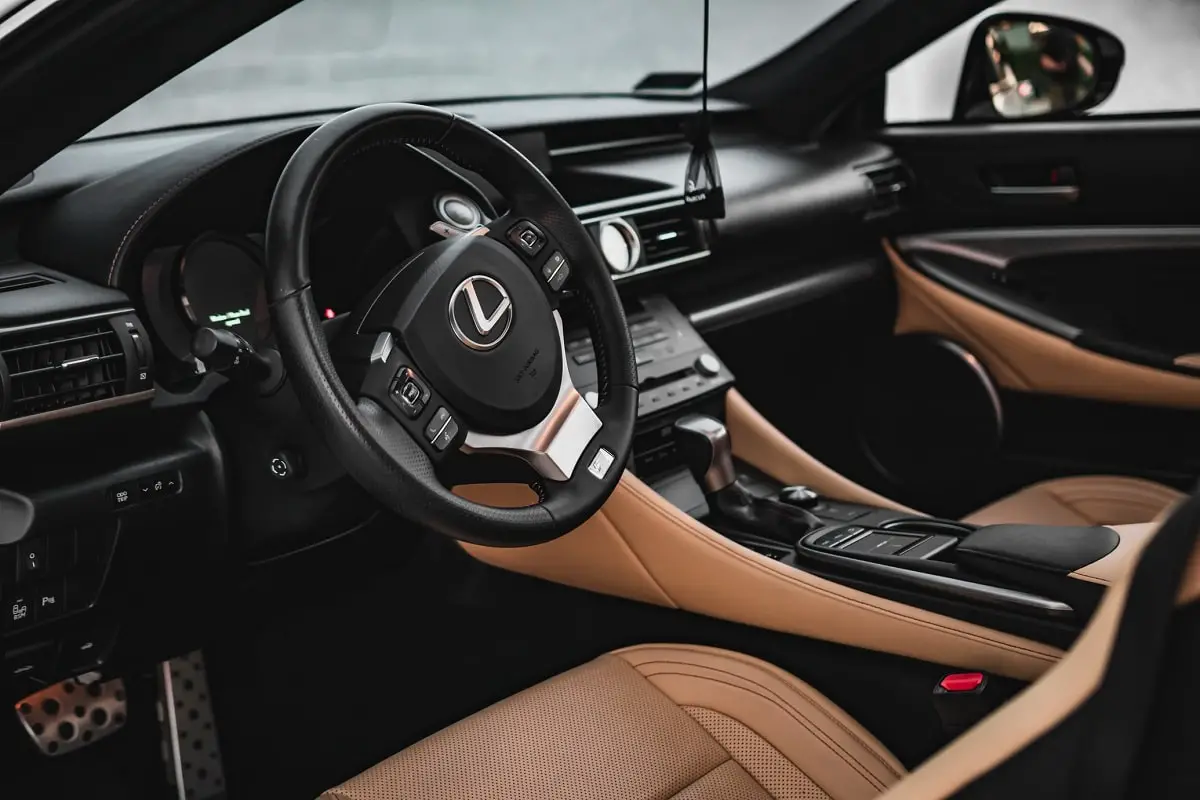
Toyota hires Yamaha to develop a new hydrogen fuel engine
February 23, 2022The commission involves the development of a 5.0-liter V8 car engine powered exclusively by H2.
Toyota Motor Corporation (TYO stock symbol 7203) has announced that it has hired Yamaha Motor (TYO stock symbol 7272) for the development of a 5.0-liter V8 hydrogen fuel engine for cars.
Japan is aggressively pursuing an H2 economy that will involve vehicles powered by the emission-free fuel.
Toyota and other automakers are about to start a collaboration for the expansion of options available for powering internal combustion engines. The development of the hydrogen fuel engine is a part of that strategy.
“We are working toward achieving carbon neutrality by 2050. At the same time, ‘Motor’ is in our company name and we accordingly have a strong passion for and level of commitment to the internal combustion engine,” said Yoshihiro Hidaka, president of Yamaha Motor.
Five companies came together last November to announce that they would be collaborating to research internal combustion engine fueling options. Participants included Subaru Corporation, Kawasaki Heavy Industries, Mazda Motor Corporation, Toyota Motor Corporation and Yamaha Motor. Their efforts were intended to achieve substantial decarbonization options for passenger vehicles.

The announcement of the hydrogen fuel engine included the unveiling of a newly developed prototype.
The unit developed was based on the Lexus RC F luxury sport coupe’s 5.0-liter engine. Modifications had been made to its cylinder heads, injectors, intake manifold and several other components. It was reported to deliver as much as 450 hp at 6,800rmp, with a maximum 540 N·m of torque at 3,600 rpm, according to a greencarcongress.com report.
H2 is widely viewed as a promising clean energy source for a spectrum of purposes as the world moves to decarbonize. That said, many automakers have shied away in favor of battery electric vehicles that have already managed to find some traction in mainstream markets.
Though the focus has been primarily directed at H2 fuel cells, this project is taking a different direction with that energy. Toyota is among the companies still heavily investing in hydrogen fuel engine options and this collaboration seeks to provide options using technology and designs similar to conventional vehicles.


 With over 15 years of reporting hydrogen news, we are your premier source for the latest updates and insights in hydrogen and renewable energy.
With over 15 years of reporting hydrogen news, we are your premier source for the latest updates and insights in hydrogen and renewable energy.
Hydrogen makes sense for trucks with large tanks and few filling stations.
If we can charge our EV and PLUG-IN Hybrids at home, that convenience is lost with Hydrogen.
Continuing to use piston engines with hydrogen makes no sense to me.
There are fewer moving parts in Fuel Cells and fewer moving parts in EVs.
The only benefit is if oil companies would change over to hydrogen more quickly with all their filing stations.
Hi Anon, sorry the development of piston engines running directly on H2 makes no sense to you. Your comments don’t mention your knowledge base. For myself I think Toyota is right on the button. When the full/true issues relating to EV’s becomes common knowledge the owners will realise their mistake. The whole EV philosophy depends upon finding new global resources for some of the vital but unfortunately less abundant materials as well as improving battery technology. We’re constantly hearing about some new battery breakthrough or improvement, this alone should tell you something about where we really are with EV technology. H2 is all around us and despite piston engines having variable efficiency issues we do know all about them especially those running on LPG. If every EV could be charged at home, without issues, then you may have a point but, and it’s a big but, when everyone returns home each evening and plugs the car in, where’s all the surge in electricity supply going to come from. When the battery performance drops off and it needs renewing, the cost will be prohibitive making the value of the EV in question close to zero. The comments I’ve made are merely the tip of the iceberg but enough for now. Well done Toyota!!!!. Trust it all happens in my lifetime.
Andy Taylor,
Consultant Engineer, retired. (I wish I was 50 years younger)
Toyota is wasting their money and Yamaha will be wasting their time. Combustion of hydrogen in an internal combustion engine is an impossibility because the temperature of combustion would melt the components of the engine. Pound for pound, hydrogen releases more energy upon combustion than anything else in the universe, and with a flame so hot that it can even melt platinum; only invisible ultraviolet light is emitted by the super hot flame!
Correct you are, Andrew, battery technology is evolving but is unlikely to ever get to where it needs to be, and the infrastructure for charging all those millions of batteries does not exist. A similar problem exists for hydrogen fueling stations, but that too is changing with an evolution similar to when gasoline was introduced to fuel cars. Despite the lack of fueling stations, all major warehousing companies like Amazon, Walmart, Costco, FedEx, UPS, etc. have already switched to hydrogen powered fuel cell forklifts because they are 14% more productive since don’t slow down in use, unlike battery powered forklifts which slow down as the battery discharges. Only 3 minutes are required for refueling the H2 forklift instead of many hours of charging time thus allowing H2 powered forklifts to be in service for all 3 shifts 7 days per week. Note, too, that hydrogen can be made locally and stored for use as needed, it does not require a petroleum refinery with the associated environmental impact.
New technology is being introduced that will soon be widely available to extend the lifetime of the fuel cell to decades and dramatically improve the efficiency as well by removing the sulfur contaminants from the natural gas or hydrogen powering the fuel cell. In addition, the cost of hydrogen will also decline dramatically with the release of a technology that recovers hydrogen from hydrogen sulfide instead of water, saving roughly 65% compared to the electrolysis of water.
Hi, if I lived in a city and consequently only small distance driving I’d wholeheartedly agree but I drive for 10 hours some days covering close to 1000klm on a regular bases and I can not see EV’s ever covering these distances, it would be good to be proved wrong, so I applaud any development that is looking for improved clean mileage.
Two issues that I believe to be very important here. 1) ICEs are not efficient (+/- 25 %) regardless of the fuel whereas electric motors are 80+% efficient). 2) Burning hydrogen will result in NO emissions which is much more dangerous than CO2 as a greenhouse gas.